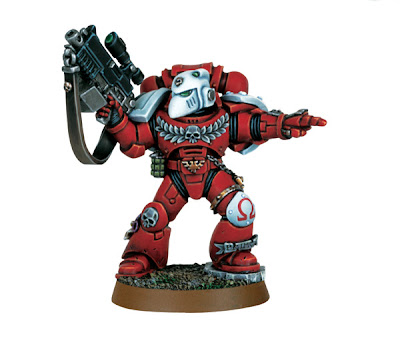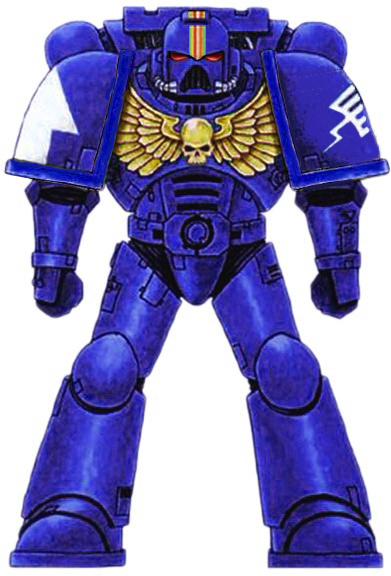PaulH said:
Oooh ... I don't know. The whole idea that you have a militaristic society continually defeated by an alien insectoid race that had lacked a arms race had to be atleast some form of self parodisation. Or perhaps I looked at the book the wrong way <.<
You can just say "parody". There is no noun for parodying. That having been said:
Blind Sight said:
Starship Troopers was mainly Heinlein's response to drafting, he felt that a society that required a draft didn't deserve to exist (if a nation was able to get enough volunteers to defend itself, then it had earned the right to continue). The society in Troopers is designed to promote benefits for those that serve in the army, such as citizenship.
This is exactly correct.
PaulH said:
But there is a quite strong streak of the absurd in Heinlein's works ... take for instance Stranger in a Strange Land ... are you saying there was no humourous critique of human psychology and reasoning in that either?
You can either take Heinlein as a fascist idiot, or a guy with a subtle acknowledgement of the inherent flaws of Humanity ... I'm hoping it was a case of the latter rather than the former.
Yeah, Heinlein did use a lot of the absurd in his writing. Just look at
Time Enough for Love... Lazarus becomes his own frigging ancestor. And that is one of the things that makes Heinlein my all time favorite author... he tackles all sorts of things, not just having to do with human flaws and critiques, but societal taboos. But this is not parody, in that parody is a form of criticism. (He did criticize, but not really in parody).
As to Heinlein being a fascist, that is a nebulous term with a meaning that needs to be defined almost every time it is used. Heinlein didn't seem to believe in a hierarchical society, so in that sense he was not. I'm not sure about the military industrial side of the term "fascist" in regards to the author. However, as Blind Sight pointed out, he was a libertarian and had views that both fit in with today's right and left.
Speaking of which, it is great to actually be talking about him in this particular argument because Heinlein DID have openly gay characters...or at least men who were not afraid to be intimate with other men. If fact, Heinlein's characters broke down many social and sexual boundaries. Women had far stronger rolls in his work than in most contemporary sci-fi (even if they did all want to be spanked... that might have been a thing with him and his wife, Virgina?) and, as I said, he presented in a positive view homosexuality, lesbianism, group sex/love/communing, and incest. No video game has even come close to challenging any modern issues the way he did. If we had Heinlein-esq writing, there would be gay space marines and they would kick ass. All over time.


